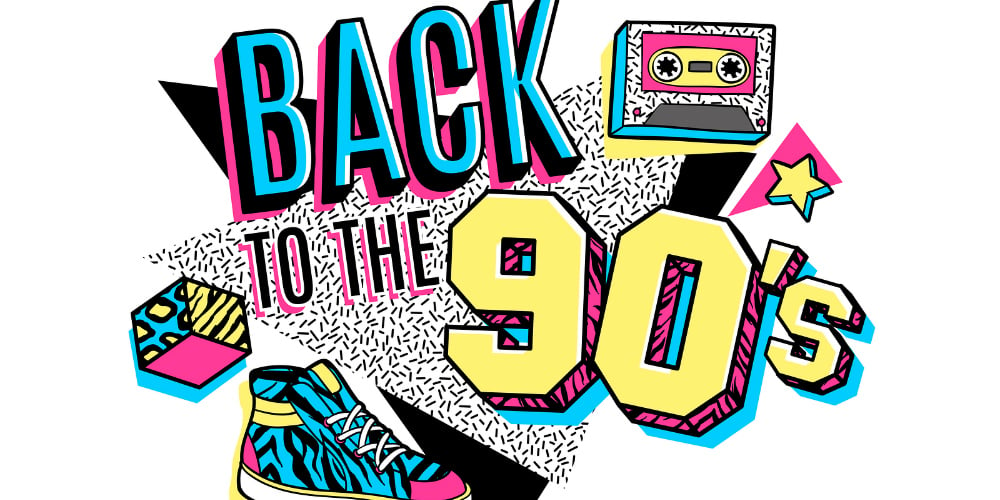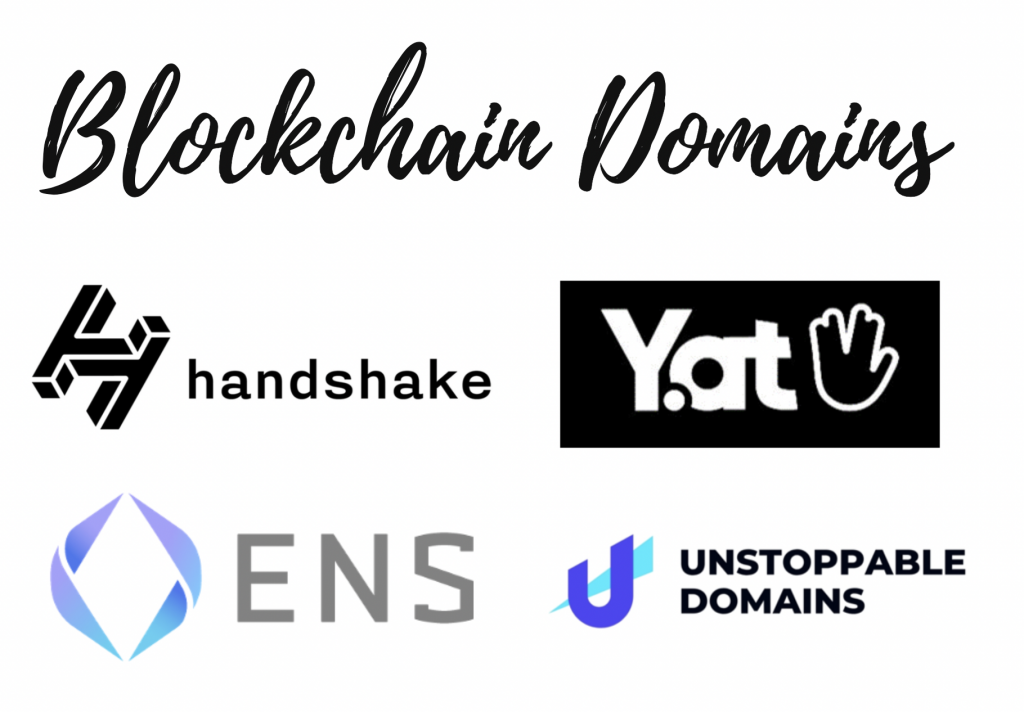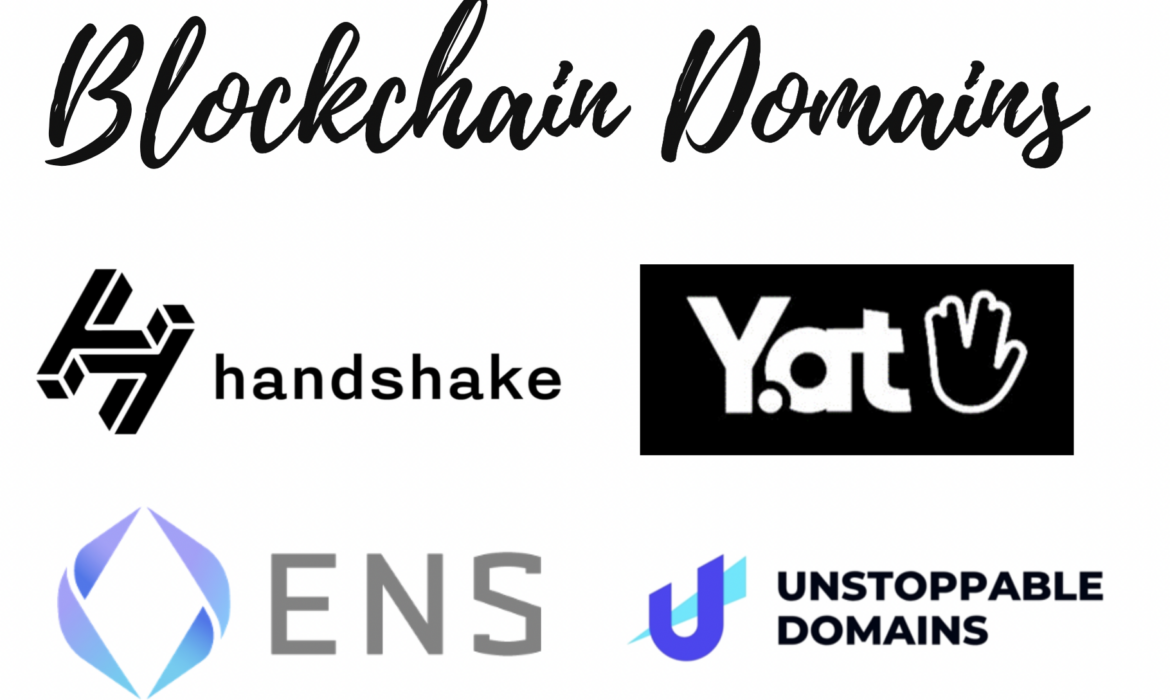 As blockchain domains continue their popularity and growth a new generation of cybersquatters are taking advantage of the open and unregulated nature of blockchain, registering branded domain names unchecked. There are similarities to the early days of the Internet and a key lesson that brands need to be quick to claim their stake in Web3.
As blockchain domains continue their popularity and growth a new generation of cybersquatters are taking advantage of the open and unregulated nature of blockchain, registering branded domain names unchecked. There are similarities to the early days of the Internet and a key lesson that brands need to be quick to claim their stake in Web3.
The 90s – the emergence of Internet domains and cybersquatting

When domain names were becoming popular in the mid-90s brands were slow to embrace the Internet.
The first movers were the early tech pioneers, entrepreneurs and a subgroup of opportunists called cybersquatters who would register a well-known brand for a few bucks and then try to sell it to the brand owner at an inflated price.
Back in the early days of the wild world web, domain name allocation policy was in its infancy and there were no dispute resolution mechanisms to deal with cybersquatting. Often brands had to pony up the money to buy their domain names from the cybersquatter or go through a lengthy and expensive legal process.
It wasn’t until December 1999 that a mechanism called the Uniform Dispute Resolution Procedure was implemented (by WIPO) to deal with domain disputes outside of the courts. If you’re interested, the first case was the World Wrestling Federation Entertainment (WWF), Inc v. Michael Bosman, for the domain name worldwrestlingfederation.com. The WWF won.
Now when you register a traditional domain name, you must “represent and warrant” that registering the name “will not infringe upon or otherwise violate the rights of any third party”, and agree to participate in an arbitration proceeding like UDRP should someone make a complaint. With Blockchain domains, none of these protection mechanisms exist.
Today – the emergence of blockchain domains and a new generation of squatters
Many believe that the introduction of the blockchain domain has the potential to disrupt and improve the way we interact with websites, payments, integrated services and each other. Our domain names could become our identifier on the web and enable trust not possible with traditional domains.
The growing popularity of blockchain domains has seen a landrush of people (blockchain pioneers, entrepreneurs and a new generation of cybersquatters) registering their stake(s) in the new internet.
Cybersquatters in particular have been enjoying this new freedom to register whatever they want unchecked. Often the only way to communicate with a cybersquatter is by clicking on a buy now button or making an offer to buy it. Sometimes they will leave their email as a txt record to negotiate a transaction. Other times, you can not get in touch with them at all.

.ETH was one of the first blockchain domains to launch on the Ethereum network. Research by the Beijing University of Posts and Telecommunications, China found that of the top Alexa brands, over 15,179 ENS .eth names were squatter controlled. For example, the address 0x782cf6b6e735496f7e608489b0c57ee27f407e7d registered google.eth, mcdonalds.eth, redbull.eth, huawei.eth and many other well known brands.
Handshake, another blockchain domain project, is an exciting initiative in that it complements the current DNS system but replaces the root, also known as the DOT(.).
Handshake reserved the Alexa Top 100,00 domains, in order to protect IP owners from squatting but there are still brands that have been targeted by cybersquatters, for example: newscorp/ was sold at auction for around $100 on 14 May 2021 and is currently for sale for 7M HNS or around 3M USD equivalent as of 9Nov, disneyplus/ was sold in Sept 2020 for under $50 and is advertised for 7.7M HNS or $3M USD.
Will a blockchain domain name policy or dispute process ever exist?
With self-custody web3 domains like Handshake or ENS, there is no dispute process as ownership is absolute and no authority can forcibly make changes to the protocol without forking it into a new protocol entirely. If another party registers the name and is squatting on it for a large sum, there’s no recourse, so it’s critical that brands register their domain names while the tech is still quite nascent.
Blockchain is still an emerging technology and has clearly not dealt with the issue of Intellectual Property rights of brand owners, nor how to tackle cybersquatting more broadly. Like the Internet of the 90s, as these domain names become more broadly adopted we could see forks in the protocols that provide for more protection for brand owners, but that could be many years away. For now, the best strategy is to register your brand before someone else does.
About brandsec
brandsec is a corporate domain name management and brand protection company that looks after many of Australia, New Zealand and Asia’s top publicly listed brands. We provide monitoring and enforcement services, DNS, SSL Management, domain name brokerage and dispute management and brand security consultation services.

